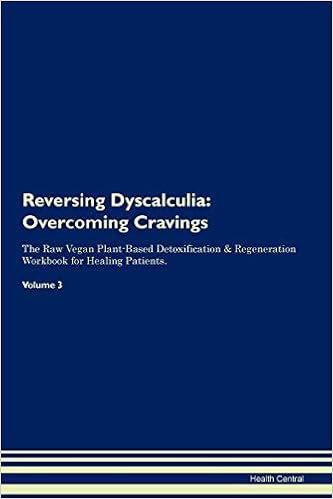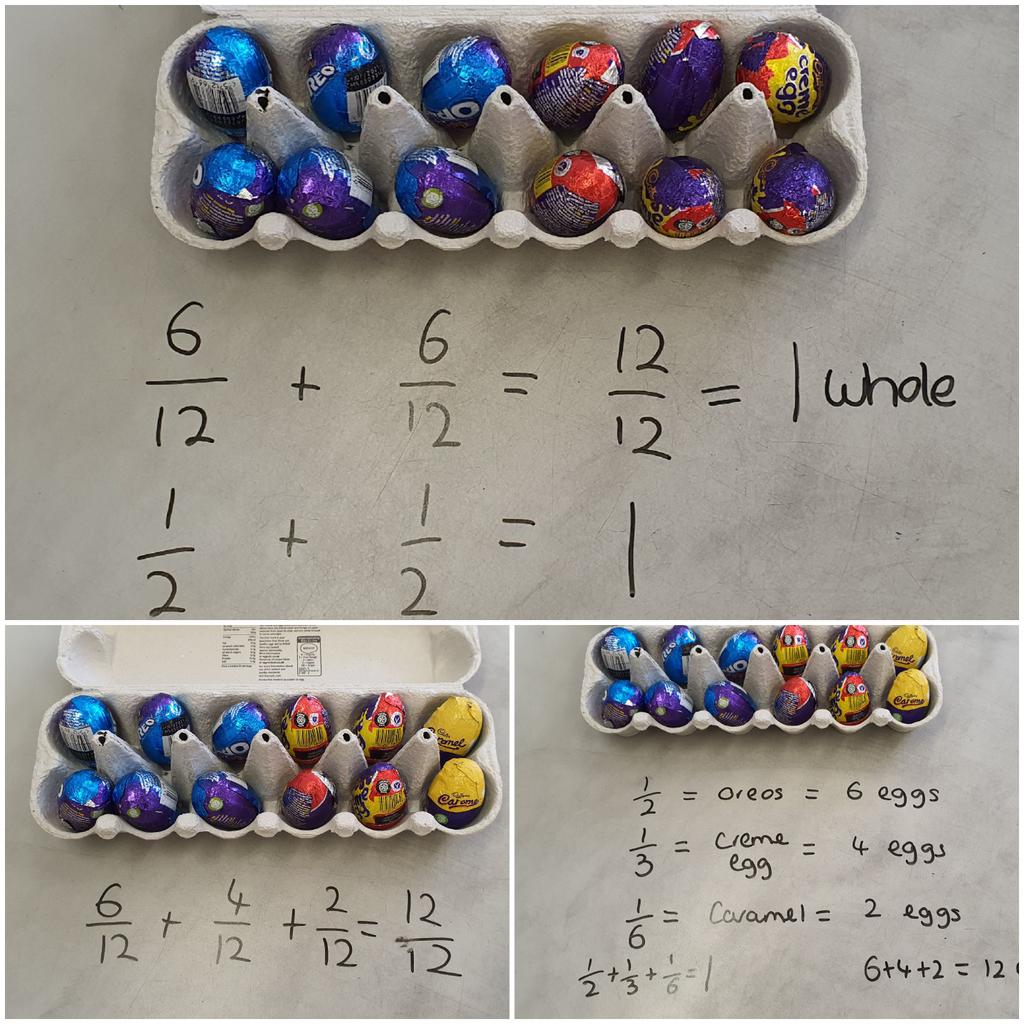Dyscalculia: News from the web:
We stumbled upon this book, a new approach for us, tell us how it works for you.

Read all about it: HERE

Dyscalculia: News from the web:
We stumbled upon this book, a new approach for us, tell us how it works for you.

Read all about it: HERE
Dyscalculia: News from the web:
Students with an abacus course demonstrated better performance in arithmetic computation and spatial short-term memory after controlling for age, gender, grade, and other basic cognitive abilities. The results suggest that the abacus course could be an effective tool for DD intervention in natural education settings.
Read all about it: HERE
Dyscalculia: News from the web:
Thank you


Read all about it: HERE
Dyscalculia: News from the web:
Therapy for children with special needs can start as early as five months of age, as brain development happens at a faster pace during the first five years of life. Therefore, if the doctors are able to identify the developmental symptoms early and can intervene at an early stage, then the chances of success for the child are higher.
Read all about it: HERE
Dyscalculia: News from the web:
We are looking at a report by Ann Dowker from the University of Oxford and she makes great observations about the What Works for Children with Mathematical Difficulties?
Arithmetic is not a single entity, but is made up of many components. These include knowledge of arithmetical facts; ability to carry out arithmetical procedures; understanding and using arithmetical principles such as commutativity and associativity; estimation; knowledge of mathematical knowledge; applying arithmetic to the solution of word problems and practical problems; etc. Experimental and educational findings with typically developing children, adults with brain damage, and children with mathematical difficulties have shown that it is possible for individuals to show marked discrepancies between almost any two possible components of arithmetic.
Interventions can take place successfully at any time. However, it is desirable that interventions should take place at an early stage, partly because mathematical difficulties can affect performance in other aspects of the curriculum, and partly to prevent the development of negative attitudes and mathematics anxiety. Crucially when planning interventions, it is important to take account of the overwhelming evidence that arithmetical ability is not unitary. It is made up of many components, ranging from knowledge of the counting sequence to estimation to solving word problems. Weaknesses in any one of them can occur relatively independently of weaknesses in the others. Thus, interventions that focus on the particular components with which an individual child has difficulty are likely to be most effective.
Read all about it: HERE